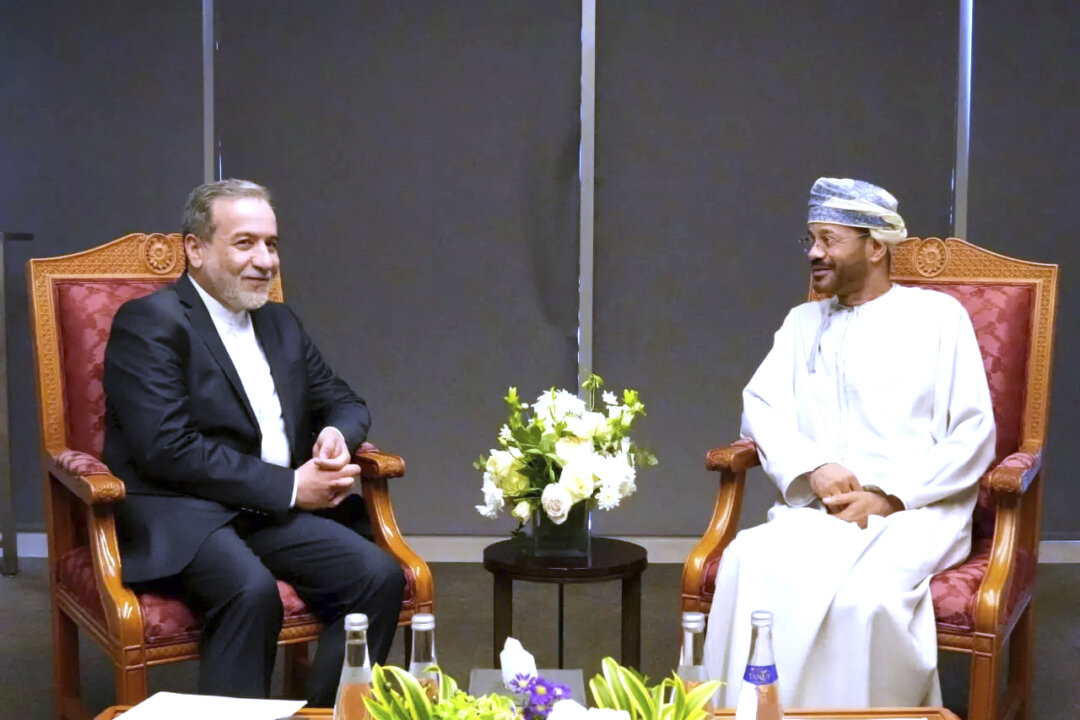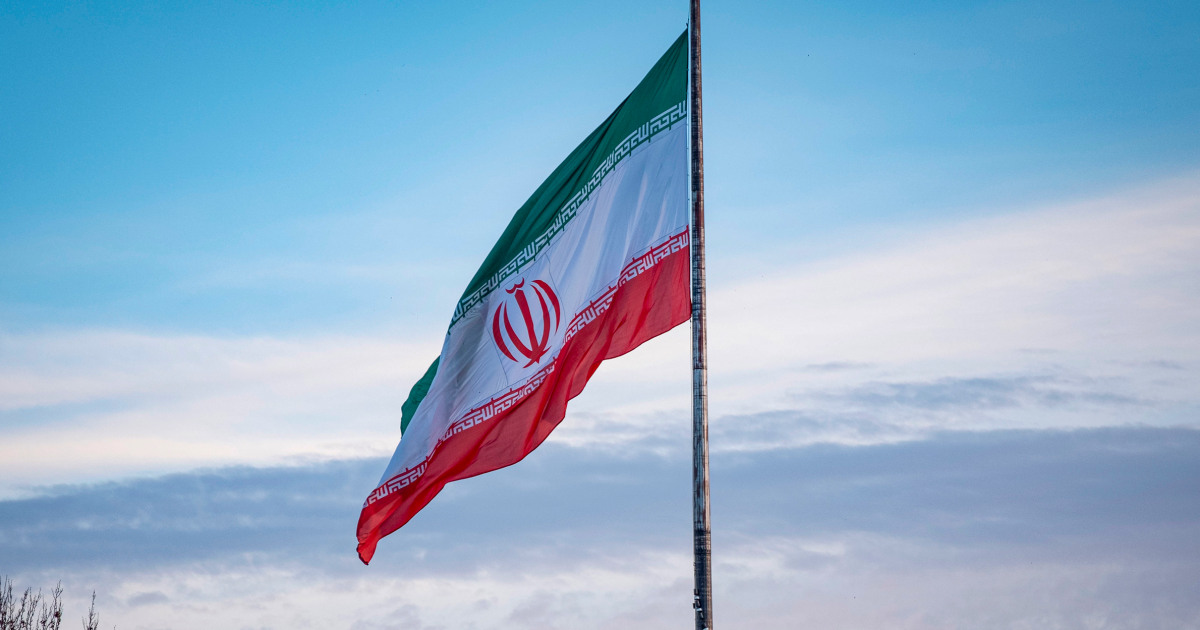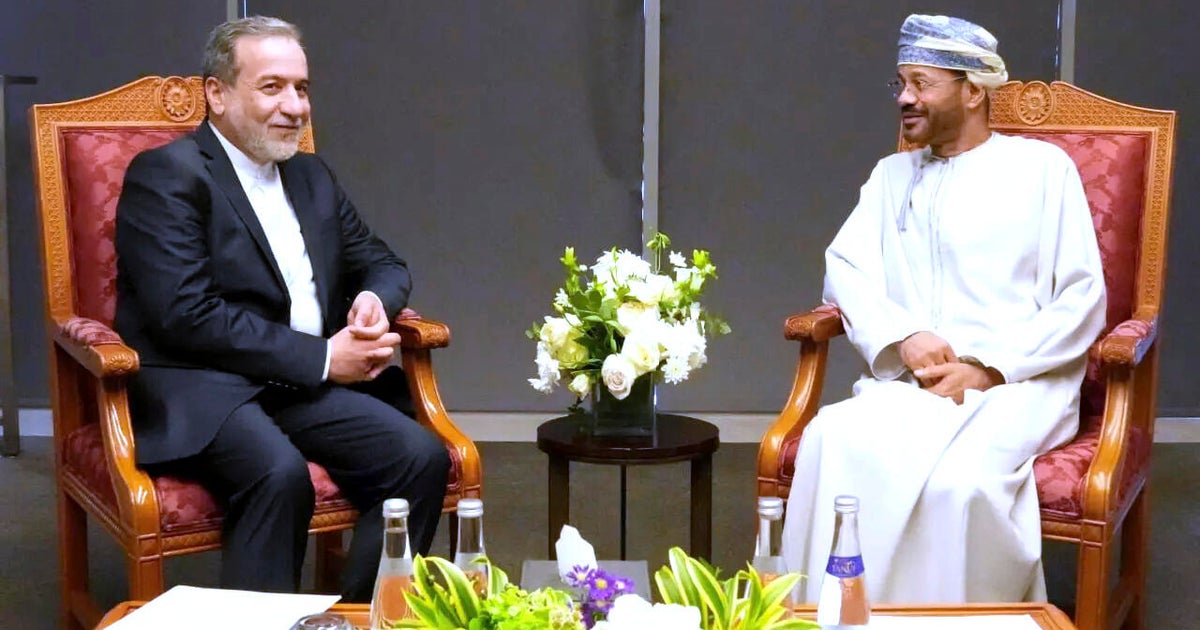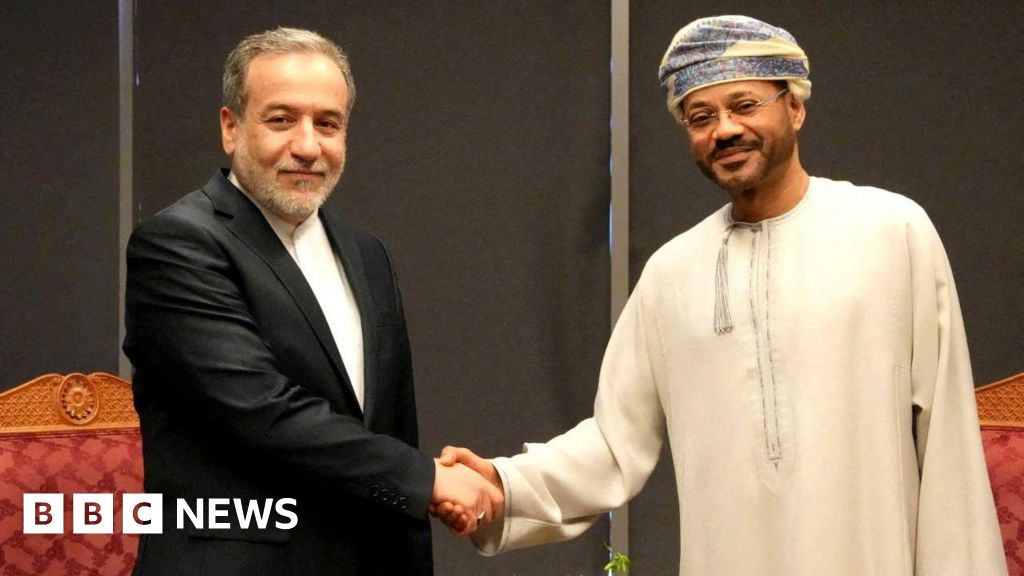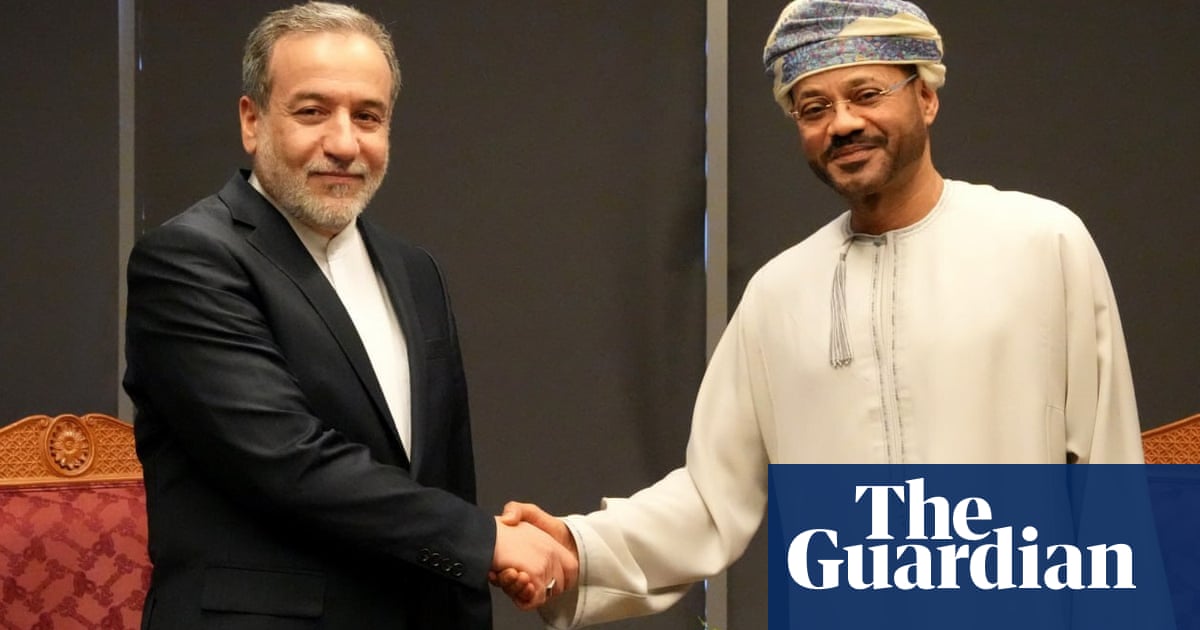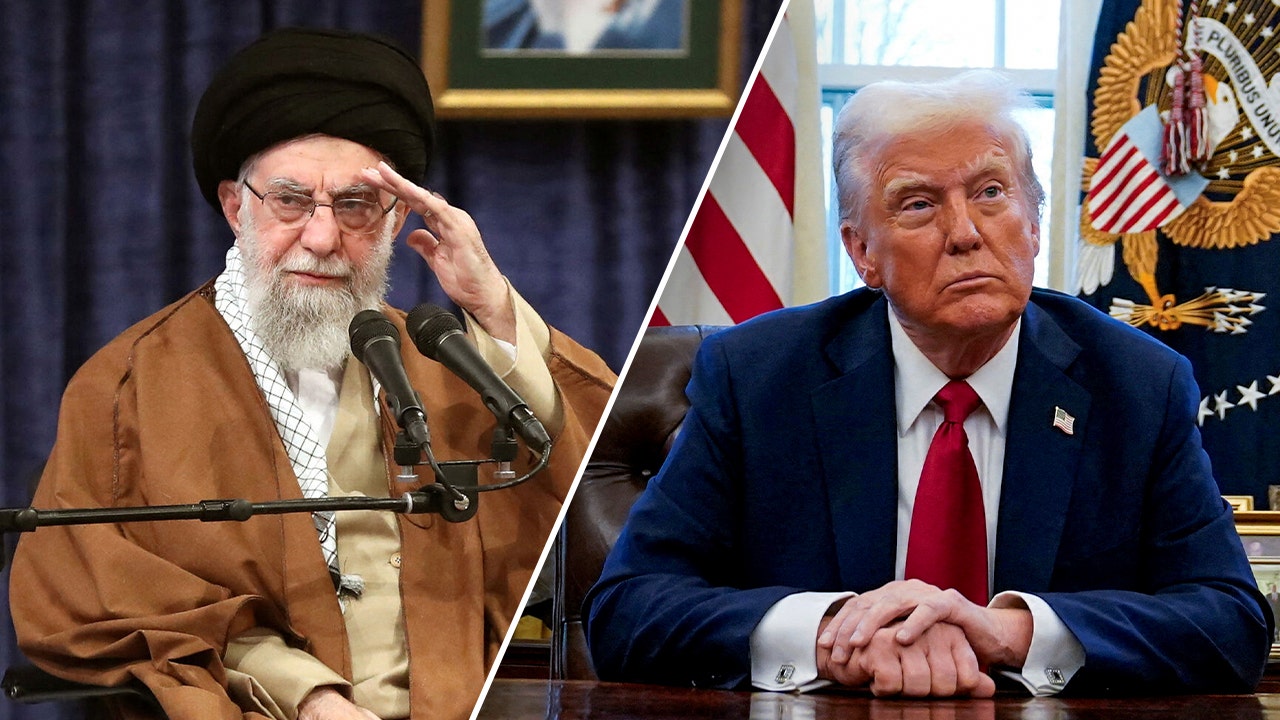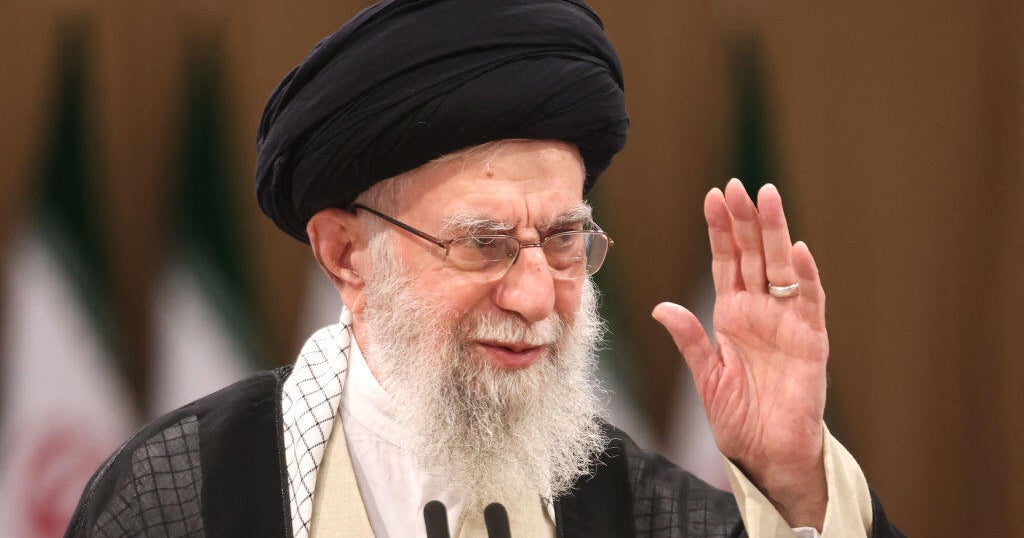U.S. and Iran Hold First Face-to-Face Nuclear Talks in Years, Set for Second Round
U.S. and Iran officials meet for nuclear talks in Oman, benefitting from a friendly atmosphere, following years of indirect communication since the Obama administration.
Overview
U.S. and Iranian officials, led by Special Envoy Steve Witkoff and Foreign Minister Abbas Araghchi, began face-to-face nuclear negotiations in Oman, their first since the Obama era. The more than two-hour talks, described as "constructive" by Araghchi, were mediated by Oman's foreign minister, who noted a friendly atmosphere conducive to peace. Indirect discussions have already yielded multiple message exchanges, and a second round is scheduled for April 19. The stakes are high, with sanctions relief and nuclear capabilities at the forefront, as tensions remain amid threats from President Trump for military action if an agreement isn't reached.
Content generated by AI—learn more or report issue.

Get both sides in 5 minutes with our daily newsletter.
Analysis
- Iran and the U.S. concluded their first face-to-face talks regarding Tehran’s nuclear program since the Obama administration on Saturday. Now, a second round of talks is set to take place next Saturday.
- While the talks lasted more than two hours, face-to-face discussions between the two sides’ highest representatives, U.S. Mideast envoy Steve Witkoff and Iranian Foreign Minister Abbas Araghchi, were 'brief.'
- Oman’s foreign minister, who is acting as a mediator between the two sides, described the atmosphere as 'friendly.'
Articles (27)
Center (11)
FAQ
The talks will be indirect, with both delegations seated in separate rooms and using Oman's Foreign Minister as a mediator to convey their positions.
The U.S. seeks to ensure Iran does not acquire a nuclear weapon, while Iran wants a 'real and fair' agreement that includes lifting sanctions and possibly limiting its nuclear program.
Oman has played a mediating role in the past, helping to bridge gaps between Iran and the U.S. Its discreet diplomacy is crucial in facilitating these indirect talks.
Failure could lead to increased regional tensions and possibly military action, as President Trump has warned of 'great danger' if Iran does not agree to a deal.
History
- 3M

 4 articles
4 articles
- 3M

 4 articles
4 articles
- 3M
 2 articles
2 articles
- 3M

 3 articles
3 articles
